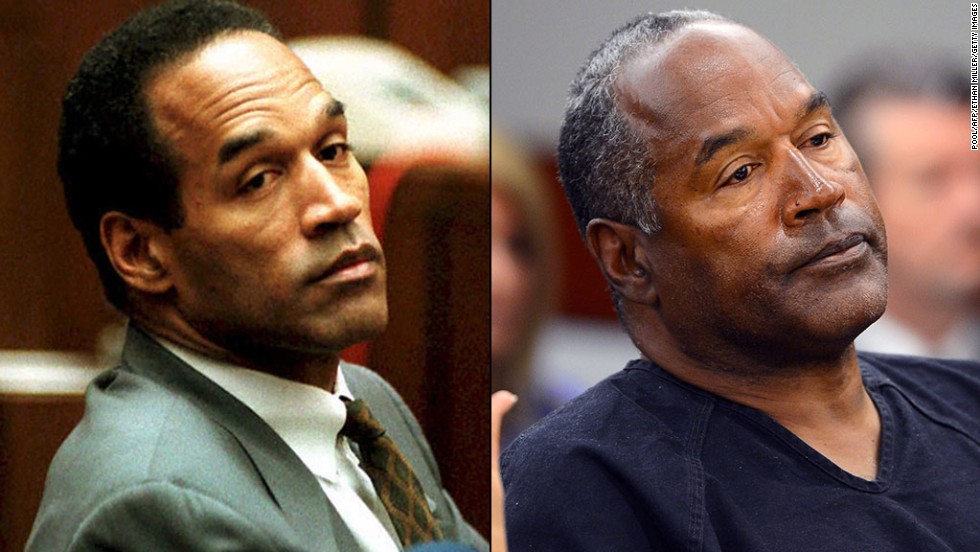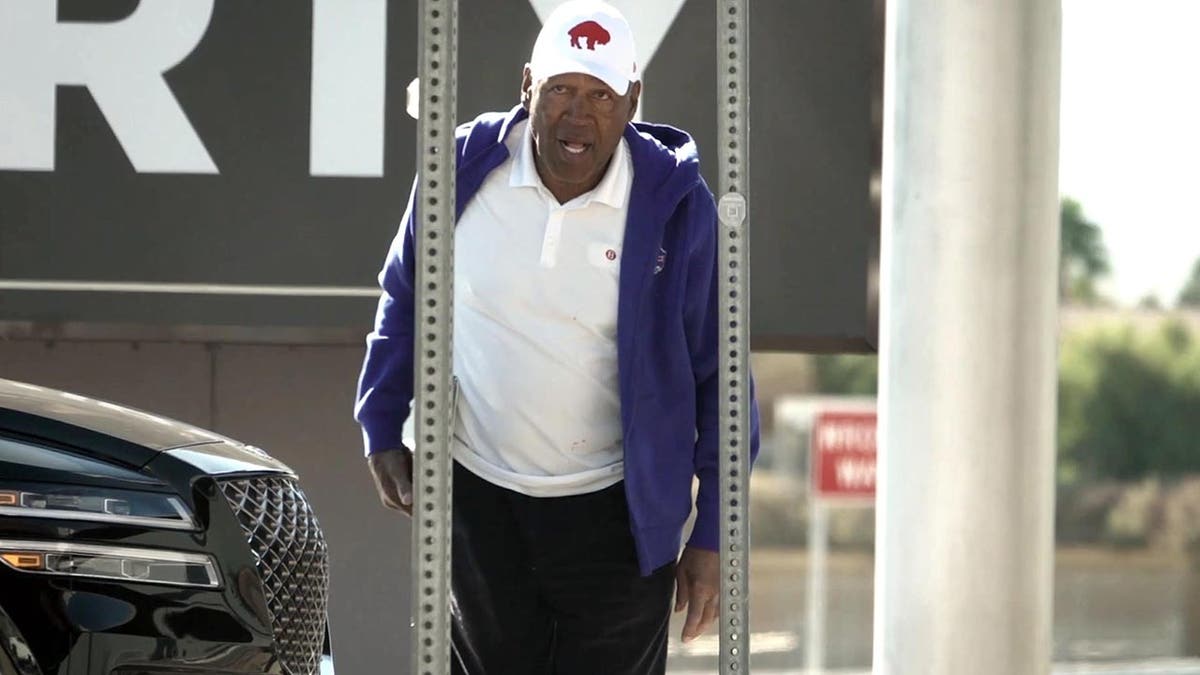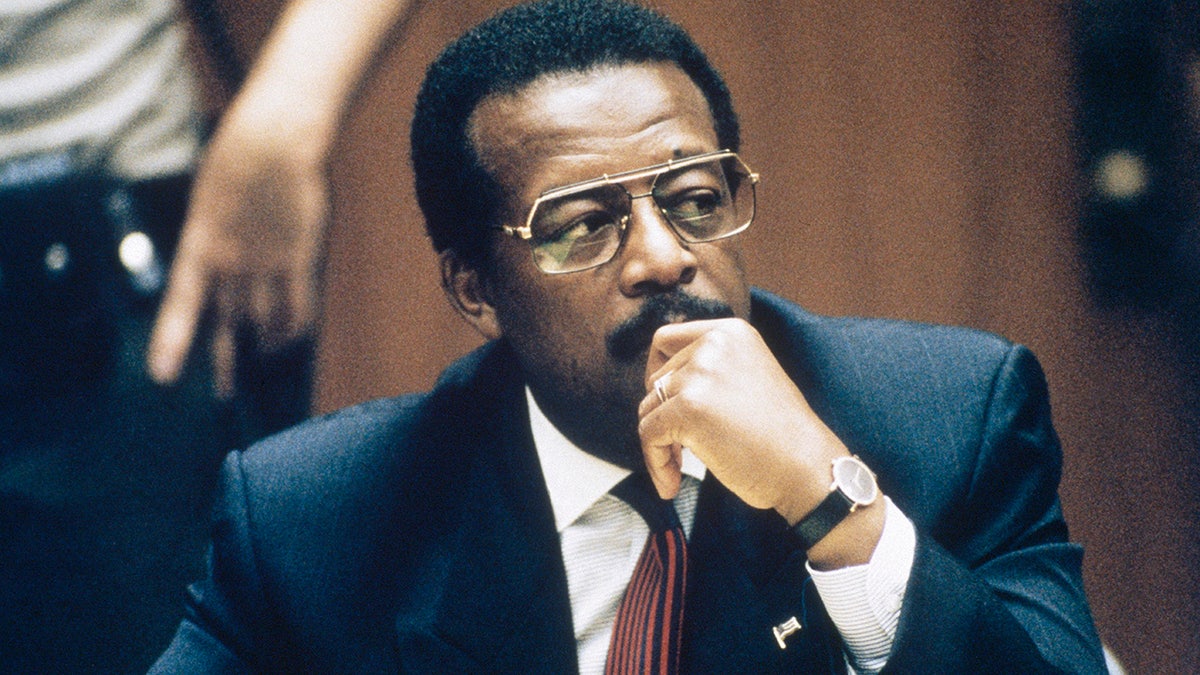The OJ Simpson trial remains one of the most controversial and talked-about legal cases in American history. Questions about whether OJ Simpson really killed Nicole Brown Simpson and Ronald Goldman have persisted for decades, sparking debates and re-examinations of the evidence. The case has been the subject of documentaries, books, and even TV series, as people continue to seek answers to the mystery. Even today, the question lingers: Did OJ Simpson really commit the murders?
For many, the "Trial of the Century" was a spectacle filled with dramatic twists, star-studded witnesses, and groundbreaking legal strategies. The trial not only captivated the nation but also raised questions about the American justice system, race relations, and celebrity privilege. As we delve deeper into this topic, we will explore the evidence, the verdict, and the public perception surrounding the case.
Whether you're a true crime enthusiast or someone curious about the complexities of this case, this article will provide an in-depth analysis of the evidence, the trial, and the aftermath. By the end, you'll have a clearer understanding of the arguments on both sides of the debate and perhaps form your own conclusion about whether OJ Simpson really killed.
Read also:How Tall Is Michael Clarke Duncan A Comprehensive Guide
Table of Contents
- Biography of OJ Simpson
- The Evidence Presented in the Case
- Legal Proceedings and the Trial
- The Verdict and Public Reaction
- Controversy Surrounding the Case
- Aftermath of the Trial
- Did OJ Simpson Really Kill?
- Impact on Society and the Justice System
- Analysis of the Case
- Conclusion and Final Thoughts
Biography of OJ Simpson
Early Life and Career
Before the infamous trial, Orenthal James "OJ" Simpson was a household name in America. Born on July 9, 1947, in San Francisco, California, OJ Simpson grew up in a challenging environment but rose to become one of the most celebrated athletes in history. Below is a brief overview of his life and career:
| Full Name | Orenthal James Simpson |
|---|---|
| Date of Birth | July 9, 1947 |
| Place of Birth | San Francisco, California, USA |
| Profession | Former NFL Player, Actor, and Sports Analyst |
| Notable Achievements | First NFL player to rush for over 2,000 yards in a single season |
Transition to Fame
After a stellar career in football, OJ Simpson transitioned into acting and became a prominent figure in Hollywood. He starred in films like "The Towering Inferno" and became a spokesperson for brands such as Hertz. His charisma and charm made him a beloved public figure, but his life took a dark turn in 1994 when he was charged with the murders of Nicole Brown Simpson and Ronald Goldman.
The Evidence Presented in the Case
Key Evidence Against OJ Simpson
The prosecution presented a mountain of evidence during the trial, including:
- A bloody glove found at the crime scene that allegedly matched Simpson's hand size.
- Blood samples linking Simpson to the crime scene.
- Witness testimonies placing Simpson near the victims on the night of the murders.
Defense Counterarguments
The defense, led by the renowned "Dream Team," countered with claims of:
- Potential contamination of evidence.
- Racial bias within the Los Angeles Police Department (LAPD).
- Lack of conclusive proof linking Simpson to the murders.
Legal Proceedings and the Trial
The "Trial of the Century"
The trial began in November 1994 and lasted for nine months, capturing the attention of millions. The proceedings were televised, giving the public an unprecedented look into the inner workings of the justice system. Key moments included:
- Mark Fuhrman's testimony and allegations of racism.
- OJ Simpson's infamous "glove doesn't fit" moment during the trial.
Jury Selection and Deliberation
The jury, composed of nine African Americans, two whites, and one Hispanic, faced intense scrutiny. After deliberating for just four hours, they returned with a verdict of not guilty on October 3, 1995.
Read also:International Khiladi The Global Icon Of Action And Entertainment
The Verdict and Public Reaction
Not Guilty: The Verdict
Despite overwhelming evidence against him, OJ Simpson was acquitted of the murders. The verdict shocked the nation, with reactions split along racial lines. Many African Americans celebrated what they saw as a victory against systemic racism, while others viewed it as a miscarriage of justice.
Public Perception
Even today, opinions about the verdict remain divided. Some believe the jury's decision was influenced by factors beyond the evidence, such as racial bias and celebrity status.
Controversy Surrounding the Case
Racial Bias in the Justice System
The trial brought to light deep-seated issues of racial bias within the LAPD and the broader justice system. Mark Fuhrman's admission of using racial slurs in the past added fuel to the fire, raising questions about the integrity of the investigation.
Celebrity Influence
OJ Simpson's status as a celebrity undoubtedly played a role in the trial. Critics argued that his fame allowed him to afford a high-powered legal team, which may have influenced the outcome.
Aftermath of the Trial
Civil Trial and Financial Impact
Although acquitted in the criminal trial, OJ Simpson was found liable in a subsequent civil trial and ordered to pay millions in damages to the victims' families. This financial burden has haunted him ever since.
Current Status
Today, OJ Simpson resides in Florida after serving time for an unrelated armed robbery and kidnapping case. Despite the passage of time, the question of whether he really committed the murders continues to haunt his legacy.
Did OJ Simpson Really Kill?
Examining the Evidence
The evidence presented during the trial was compelling, yet the defense's arguments about potential contamination and racial bias were persuasive enough to sway the jury. However, many experts believe that the evidence overwhelmingly points to Simpson's guilt.
Public Opinion
According to a 2023 survey by Gallup, a majority of Americans still believe that OJ Simpson is guilty of the murders. The case remains a topic of discussion in classrooms, documentaries, and social media.
Impact on Society and the Justice System
Reforms in the Justice System
The OJ Simpson trial highlighted the need for reforms in the justice system, particularly regarding racial bias and evidence handling. It also sparked discussions about the role of media in high-profile cases.
Cultural Legacy
The case has left an indelible mark on American culture, influencing everything from legal dramas to reality TV. It serves as a cautionary tale about the complexities of justice and the power of public perception.
Analysis of the Case
Strengths and Weaknesses of the Prosecution
The prosecution had a strong case but failed to address key concerns about evidence contamination and racial bias effectively. This allowed the defense to create reasonable doubt in the minds of the jurors.
Lessons Learned
The OJ Simpson trial taught valuable lessons about the importance of thorough investigations, unbiased policing, and the impact of celebrity status on legal proceedings.
Conclusion and Final Thoughts
The question of whether OJ Simpson really killed remains one of the most debated topics in modern history. While the evidence strongly suggests his involvement, the legal system operates on the principle of reasonable doubt, which ultimately led to his acquittal. This case serves as a reminder of the complexities of justice and the importance of addressing systemic issues within the legal system.
We invite you to share your thoughts and opinions in the comments below. Did the trial achieve justice? What lessons can we learn from this case? For more in-depth analyses of true crime cases, be sure to explore our other articles on the site.
References:
- https://www.gallup.com/poll/187865/oj-simpson-trial-public-opinion.aspx
- https://www.britannica.com/biography/O-J-Simpson
- https://www.nytimes.com/1995/10/04/us/simpson-is-found-not-guilty-in-slayings.html


